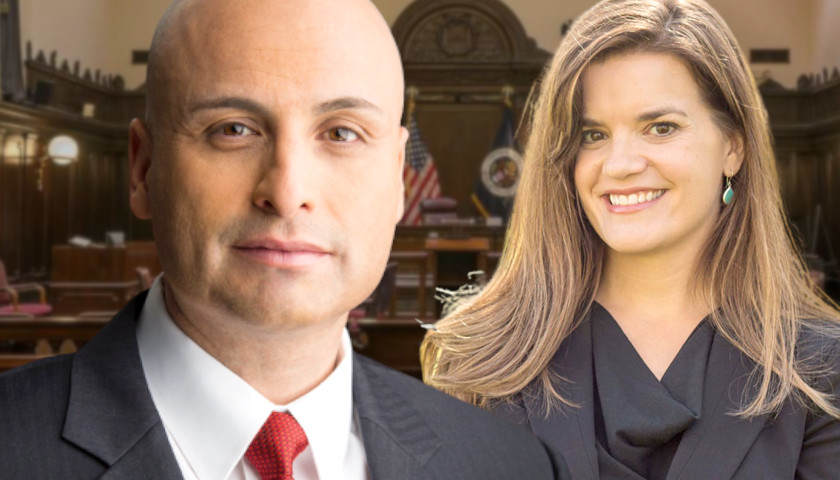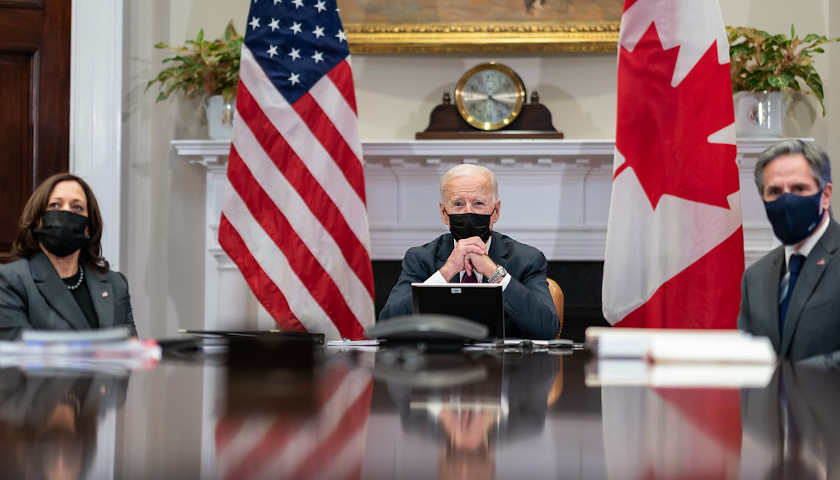Politics is getting in the way of government transparency, preventing the sort of accountability on which our governing institutions depend for maintaining public trust and legitimacy.
In Wisconsin and elsewhere around the country, public officials are steadfastly refusing to answer basic questions about their official conduct from the people’s elected representatives. These are not salacious questions about their personal conduct, or fishing expeditions designed to stir up political scandal. Legislators are merely seeking to better understand how appointed bureaucrats and elected officials administered the 2020 elections amidst a pandemic and an unprecedented, and in many cases unlawful, infusion of private monies into public election offices.
Pennsylvania’s Attorney General, for instance, has sued to block a legislative subpoena seeking voter information as part of an investigation of the state’s voter registration system, known as SURE. Even though there is ample precedent for disclosing this type of information, the AG’s lawsuit argues that it would violate citizens’ right to privacy, as though allowing lawmakers to access government records would automatically compromise the security of that information.
Read More







